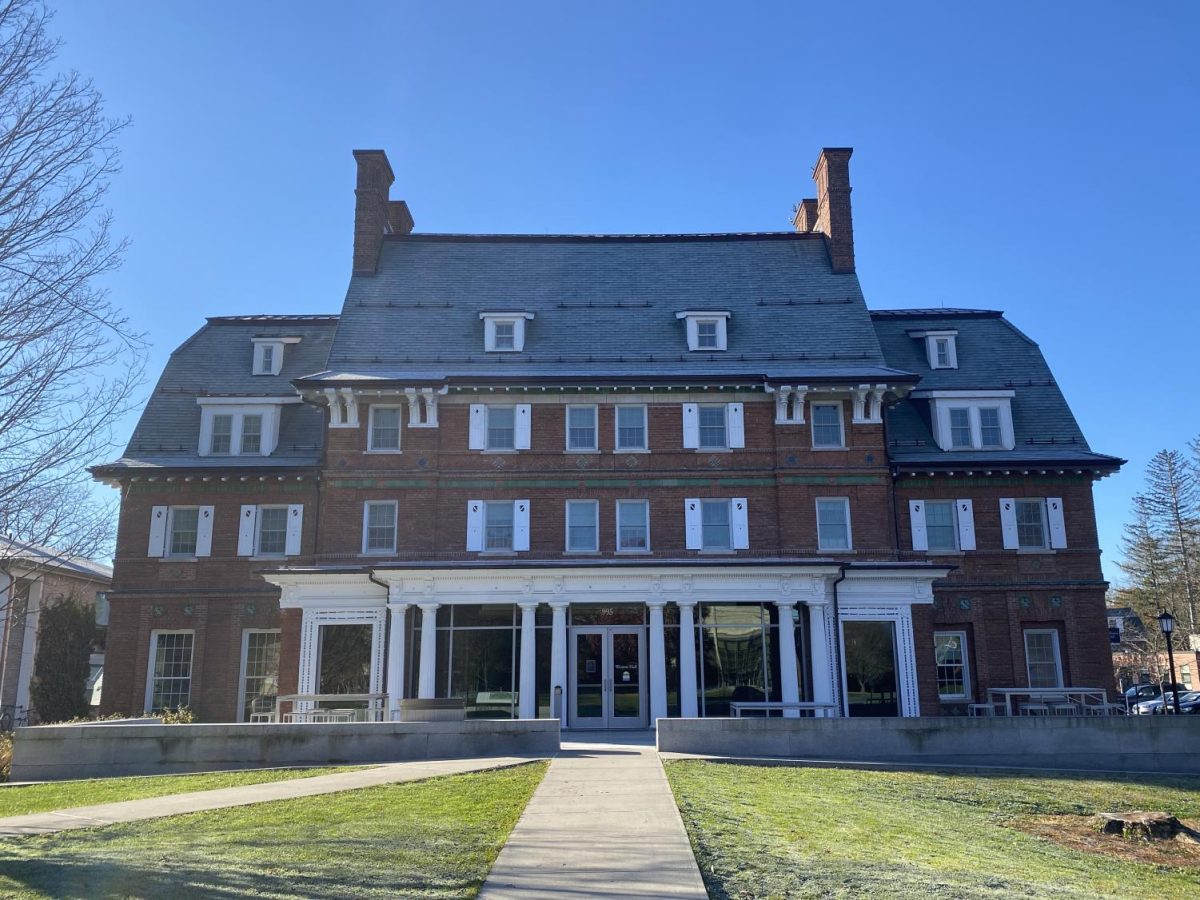Silenced no more: Sexual Assault Awareness Month and students’ fight to end campus sexual violence
April 14, 2021
Content warning: Sexual violence
50,000. This is the number of current Massachusetts college students who will have experienced some form of sexual violence by the time they graduate. That’s 1 in 10 students, and for gender and racial minorities, the proportion of those affected dramatically increases. With stagnant rates since the first data was collected in 1983, nearly 40 years ago, sexual violence is and continues to be the most prevalent crime on campuses. Williams College data in 2018-2019 reported that there were 28 reports of misconduct on campus.
Reality check: College sexual violence statistics
- At least 2 million college students will be or have already been impacted by some form of sexual violence, including but not limited to harassment, assault, dating violence, abuse, etc. (2020)
- With 19.7 million students attending colleges and universities in 2020 and roughly 1 in 10 students affected by sexual violence each year, 1.97 million students across the United States will be or have already been affected by sexual violence.
- 89 percent of colleges and universities reported zero cases of rape in 2016
- 90 percent of survivors choose not to report for fear of retaliation, disbelief, or shame, among others
Sexual violence is a silent crisis that is seldom discussed. As a result, many are unaware of the commonality or gravity of sexual violence on their campuses. In 2015, Williams’ “Eph Community Attitudes on Sexual Assault Survey” reported 56 percent of students “sometimes” or “often” heard or saw “members of the Williams community describe others in sexually explicit, graphic, or degrading ways,” and 32 percent of students “sometimes” or “often” heard or saw “members of the Williams community make jokes about sexual assault or rape.” Unfortunately, this is not unique to Williams College. It is, as American Medical Association President Lonnie Bristow described in 1995, a “silent, violent epidemic” that has, for far too long, plagued campuses across the country. This must change.
We must open the dialogue on sexual violence to allow survivors to heal and prevent any student from simply becoming another statistic. We, as the Every Voice Coalition of students, survivors, and young alumni, are here to say that enough is enough; it’s time to stand together to create a safer college experience.
Each and every day, survivors, students, and families deserve to be supported and uplifted. With Sexual Assault Awareness Month upon us, survivor voices especially deserve support and amplification. We want to let survivors know that we hear you, see you, believe you, and will always support and stand with you. As a powerful advocate in this space, Congresswoman Ayanna Pressley said “Those closest to the pain should be the ones closest to the power, driving & informing the policymaking.”
Firmly grounded in this belief, the Every Voice Coalition was founded by eight student survivors determined to combat college campus sexual violence. Today, our movement is entirely led by students, survivors, and alumni across 50+ colleges and 12 states, totalling over 190,000 supporters. Since our founding, we have expanded nationally and fought to stop the perpetuation of campus sexual violence through legislative action.
On January 12, Chapter 337: An Act Relative to Sexual Violence on Higher Education Campuses was signed into Massachusetts law, granting students, survivors, and families much needed options, security, and transparency. Lovingly referred to as the Every Voice law, Chapter 337 will go into effect on August 1, and consists of five main components:
- Memorandums of understanding (MOUs) with rape crisis centers to address cost, formalization, and streamlining of access to services.
- Confidential advising services to help students navigate their processes (with or without reporting) and address academic, medical, and legal options and potential reimbursements.
- An amnesty policy codifying that substance use should not nullify, devalue, or invalidate cases of sexual violence.
- Mandatory campus climate surveys, created and analyzed by a team of students, research experts, and government representatives.
- Evidence-based annual prevention and response training for college students and employees.
As we celebrate the passage of this law and the new resources which will be afforded to students, we must also acknowledge the varying experiences and trauma experienced by students, survivors, and their loved ones. And we must continue to raise awareness of not only this law but the ongoing crisis of college sexual violence. To combat this attack on student bodies and personhood, we must work as a community to prevent further violence.
Check in with your loved ones. Keep yourself informed. Tap into the College’s resources like Rape and Sexual Assault Network (RASAN), which provides a 24/7 student-run hotline; Sexual Assault Prevention & Response (SAPR); and Masculinity, Accountability, Sexual Violence and Consent (MASC). And if you’d like, reach out to us for more information or to join our team at [email protected].
If you or someone you know at Williams is in need of assistance, please contact your local rape crisis center, Elizabeth Freeman Center (Hotline: 866-401-2425). For RAINN’s National Sexual Assault Telephone Hotline, call 800.656.HOPE (4673).
Bella Fong is the national communications director for Every Voice Coalition.







